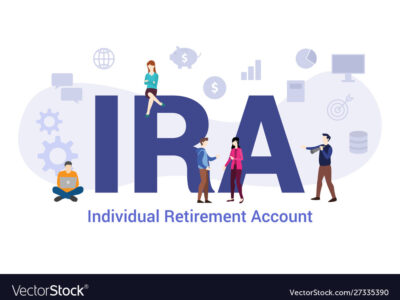
Personal finance involves understanding and managing your finances effectively.
It includes creating a budget to track income and expenses, building an emergency fund to cover unexpected expenses, paying off high-interest debt, establishing good credit habits, and saving for long-term goals such as retirement. It’s important to protect your income with adequate insurance coverage, such as life insurance and disability insurance. Investing is also a critical part of personal finance, and it’s important to develop a strategy that aligns with your risk tolerance and goals. Finally, estate planning is a key component of personal finance that involves creating a plan for the transfer of your assets and ensuring that your wishes are carried out.
Why does it matter?
People should care about personal finance because it affects their overall well-being and financial stability. Good personal finance habits can help individuals achieve their financial goals, such as saving for retirement, buying a home, or paying for their children’s education. It can also provide a sense of financial security in the event of unexpected expenses or emergencies. Additionally, having good personal finance habits can help individuals avoid debt and the stress that comes with financial difficulties.
Conversely, poor personal finance habits can lead to debt, financial stress, and a lower quality of life. It can also prevent individuals from achieving their financial goals and limit their ability to make important financial decisions. Overall, taking care of personal finance is essential for a secure financial future and a better quality of life.
Here are some general personal finance focuses for each age group:
In your 20s:
- Building an emergency fund
- Paying off any high-interest debt
- Establishing good credit habits
- Starting to invest for the future, such as contributing to a retirement account
- Avoiding lifestyle inflation and living within your means
In your 30s:
- Continuing to build an emergency fund
- Paying off any remaining high-interest debt
- Increasing retirement contributions
- Saving for short-term goals, such as a down payment on a home
- Protecting your income with adequate insurance coverage, such as disability insurance and life insurance
In your 40s:
- Prioritizing retirement savings and catching up if necessary
- Reassessing and updating your investment strategy
- Developing a plan to pay off any remaining debt, such as a mortgage
- Building a college fund for children, if applicable
- Increasing charitable giving or planned giving
In your 50s:
- Continuing to prioritize retirement savings
- Creating a detailed retirement plan and considering factors such as Social Security and healthcare costs
- Maximizing catch-up contributions to retirement accounts
- Evaluating your estate plan and ensuring that it is up to date
- Reevaluating your risk tolerance and adjusting investments accordingly
In your 60s:
- Implementing your retirement plan and making adjustments as necessary
- Considering Social Security claiming strategies
- Evaluating healthcare costs and long-term care options
- Reviewing estate planning documents and making necessary updates
- Planning for legacy and charitable giving
It’s important to note that these are general focuses and may not apply to everyone in each age group. Personal finance is unique to each individual and should be tailored to your specific needs and goals. It’s recommended to work with a financial advisor to develop a personalized financial plan.










